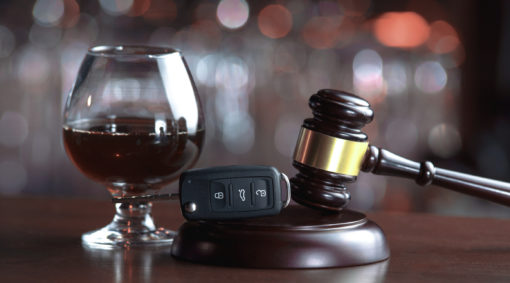
Keep reading to learn more about this situation. Then contact Chambers Law Firm at 714-760-4088 to request a free legal consultation with an attorney.
The trial process starts with voir dire
If you don’t know what to anticipate, a trial might be intimidating. Any criminal trial has multiple stages, the first of which is jury selection. During voir dire, the prosecution and your attorney will interview potential jurors. Each side has the chance to utilize a peremptory challenge or to petition the court to reject a possible juror “for cause” (without stating a reason).
If a potential juror expresses opinions that show they cannot be impartial, or just because of their personal background, they may be removed from the jury “for cause.” A juror who lost a family member in a drunk driving accident, for instance, might be removed from service for good reason. Both the defense and the prosecution will ultimately select 12 jurors for the trial.
Next comes opening statements and the presentation of evidence
Each party makes their opening statement after the jury has been chosen, with the prosecution going first. Your DUI defense attorney will give the jury an overview of the case during an opening statement. Opening statements are not the time for the introduction of evidence.
The prosecution will then go on to make its main argument using witness testimony, records, and other proof. The primary defense argument will next be made. Each witness will be given the chance to be cross-examined after the opposing attorney has had a chance to question them directly (known as direct examination). It keeps going until there are no more inquiries.
Closing arguments are next
The prosecution will make its final argument following the presentation of all the evidence. The prosecution is then given the chance to make a brief rebuttal before your DUI defense attorney has the chance to conclude. The jury will next start deliberating after the judge has provided instructions on the relevant DUI law to them. The prosecution must establish each element of the offence beyond a shadow of a doubt for a defendant to be found guilty of a California DUI.
The jury makes their decision
The jury’s decision will then be made public (guilty or not guilty). Sometimes the jury is unable to reach a verdict; this situation is known as a hung jury. This might lead to a mistrial (so that the case can be retried with a new jury), a plea agreement, or the charges brought against you being dropped. The judge will impose a penalty on you if you are found guilty of driving under the influence. The severity of the DUI offense and any prior DUI convictions are taken into account when determining penalties. Prison time, probation, required alcohol education seminars, a driver’s license suspension, and/or community service are some of the possible punishments.
It can be intimidating to go to court on a DUI accusation. Chambers Law Firm will support you every step of the way, utilizing their expertise to assist you get the best result for your case. For a free initial consultation, call us at 714-760-4088 or email dchambers@clfca.com right now.




